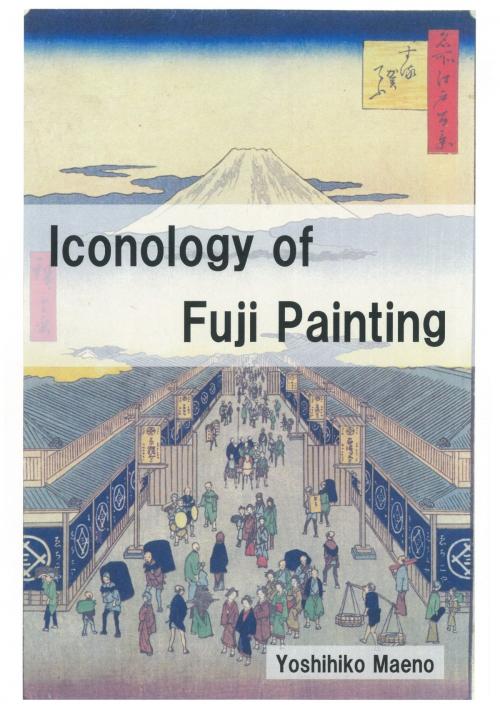Iconology of Fuji Painting
Japanese Psyche in Perspective of Animism, Shamanism and Mountain Worship
Nonfiction, History, Asian, Japan| Author: | Yoshihiko Maeno | ISBN: | 9781483506821 |
| Publisher: | BookBaby | Publication: | September 20, 2013 |
| Imprint: | Language: | English |
| Author: | Yoshihiko Maeno |
| ISBN: | 9781483506821 |
| Publisher: | BookBaby |
| Publication: | September 20, 2013 |
| Imprint: | |
| Language: | English |
The first scientific-iconological survey ever on the most traditional and most topicalized genre in Japanese arts, Fuji Painting, from its origin in antiquity in the 9th century, through the Middle Ages (Sansui-Painting in especial), to its apex in Edo Ukiyoe Painting (Hiroshige and Hokusai). It facilitates you to acquire a brilliant and concise perspective not only on the Japanese art history but above all on the Japanese psyche in most impressive features. The author’s style is sufficient both for specialists and for the friends of Japanese culture in general. As to the methodical peculiarities it is to be noted that the author’s iconological point of view, based upon its main stream from Warburg and Gombrich is quite new and innovative to the study of Japanese art history. The combination of ‘icon’, i.e. visual representations, and ‘logos’, i.e. historical documents, is quite apt especially for this particular genre of Fuji Painting, for it formed the rich tradition of kaleidoscopic-manifold arts on the one hand, and the deep strata of Japanese psyche expressing itself in animism, shamanism, which has been synthesized in the mountain worship of Fuji.
The first scientific-iconological survey ever on the most traditional and most topicalized genre in Japanese arts, Fuji Painting, from its origin in antiquity in the 9th century, through the Middle Ages (Sansui-Painting in especial), to its apex in Edo Ukiyoe Painting (Hiroshige and Hokusai). It facilitates you to acquire a brilliant and concise perspective not only on the Japanese art history but above all on the Japanese psyche in most impressive features. The author’s style is sufficient both for specialists and for the friends of Japanese culture in general. As to the methodical peculiarities it is to be noted that the author’s iconological point of view, based upon its main stream from Warburg and Gombrich is quite new and innovative to the study of Japanese art history. The combination of ‘icon’, i.e. visual representations, and ‘logos’, i.e. historical documents, is quite apt especially for this particular genre of Fuji Painting, for it formed the rich tradition of kaleidoscopic-manifold arts on the one hand, and the deep strata of Japanese psyche expressing itself in animism, shamanism, which has been synthesized in the mountain worship of Fuji.















